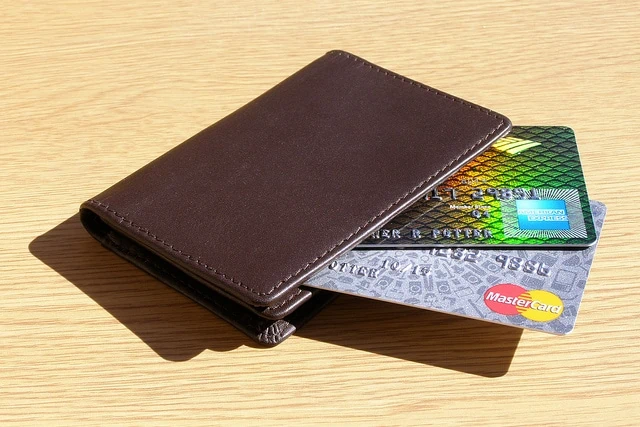“Plastic packaging helps to keep food fresh for longer. It’s therefore important in the fight against food wastage” – that’s the argument put forward by retailers and manufacturers to justify their love of plastic. But a study by Zero Waste Europe and Friends of the Earth Europe shows that it’s not quite that simple.
Between 2004 and 2014 in the EU the amount of food wasted grew along with the use of plastic packaging, both by around 50%. But that’s not the full story: in some cases plastic packaging has even led to more food waste.
Plastic is (almost) everywhere
A full 37% of all food sold in the EU comes wrapped in plastic of some sort. That makes plastic the most commonly-used material for packaging. Unfortunately there are no statistics available on this for Switzerland, but even a quick stroll around supermarket aisles will most likely be enough for you to conclude that that percentage will hardly be much less here.
Packaging can increase food waste
Fixed-size packaging can even sometimes lead to more food being wasted. A concrete example from the study looks at green beans. These beans have to be cut in order to fit them in the plastic packaging. However this chopping results in 30-40% of the beans landing in the trash can.
Packing also leads to consumers buying more food than they need. For example it’s often more convenient to just grab a 2.5kg bag of potatoes than to select and weigh the 700g you actually need. Yet the leftovers from that big bag all too often end up as garbage.
An expensive waste
Food waste costs the EU 143 billion Euros every year and the average EU citizen throws away 173kg of food over that same period. It’s worth nothing that in England, for example, more than a quarter of food is thrown away in its original packaging!
If you’re astounded by these numbers, then you’d better take a seat for their Swiss equivalents: 290kg of food waste is thrown away each year by the average Swiss citizen and a full third of that waste comes from private households.
According to the Swiss Federal Office for the Environment (FOEN), every Swiss household spends CHF 2000 per year on food that ultimately ends up in the garbage can. That’s a lot of money, even for well-off Switzerland! (Source: Environment Switzerland 2015, FOEN)
Low recycling rate
Per person, Europeans throw away 30kg of plastic packaging every year. Less than a third of that is recycled. The majority of plastic packaging is used only once and the study shows that around 95% of the value of the packaging is therefore lost. These losses approximately add up to a EUR 100 billion black hole for the global economy.
In Switzerland the total weight of the artificial packaging used by households amounts to 302,000 tonnes (includes not only packaging from food waste). That comes in at around 36kg per person or just slightly higher than the equivalent EU figure. Around 60,000 tonnes of that 302,000 is recycled (includes PET). (Source: Carbotech AG und UMTEC Rapperswil, KuRVe)
Health implications
Last but not least, there are growing indications that single-use materials like plastic can pose a health risk to consumers. Chemicals can “migrate” from packaging into food products themselves, which we then subsequently consume.
Avoid food waste
More and more people are becoming aware of just how much money and how many valuable resources we waste by throwing out food. Depending on what, how much, and where we shop, as well as on how we consume, we can make a significant difference as consumers. You can find the most important tips on how to avoid food waste in a previous article.
Further reading
- On foodwaste.ch you’ll find information and useful tips related to food waste in Switzerland.
- On Too good to go you can help restaurants to throw out less food by buying leftover food and meals at a discounted price.
- On Ässbar you’ll find freshly-baked pastries…from yesterday.
- On Foodsharing you can take a more active role in the fight against food waste.
More about the study by Zero Waste Europe und Friends of the Earth Europe.
